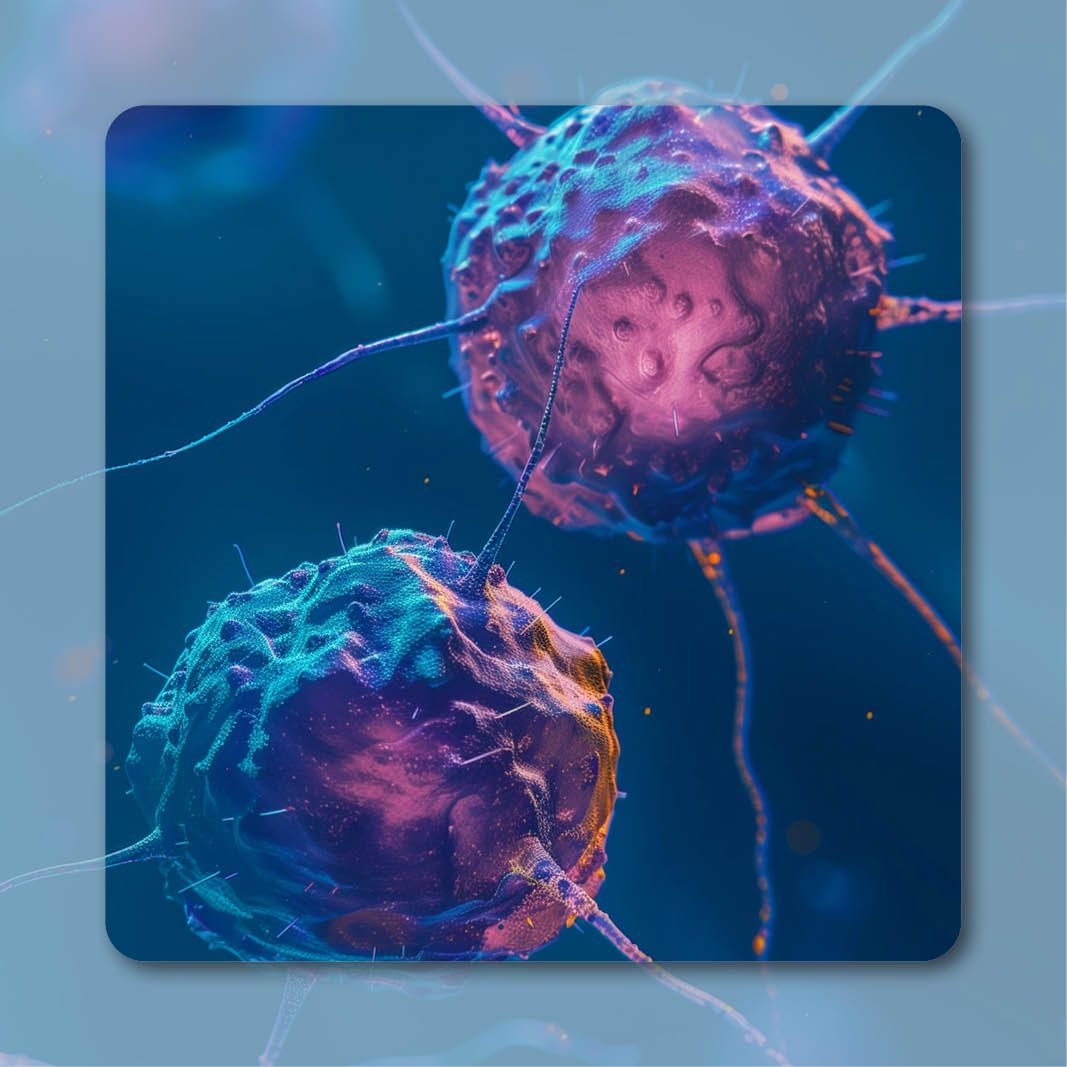Commentary
Video
Optimizing the Use of Bispecific Antibodies in Myeloma and Beyond: Guidance and Future Plans
In this final episode of OncChats: Optimizing the Use of Bispecific Antibodies in Myeloma and Beyond, experts discuss plans for developing guidelines and policies to enhance management of bispecific T-cell engagers across various centers.
In this final episode of OncChats: Optimizing the Use of Bispecific Antibodies in Myeloma and Beyond, Saad Z. Usmani, MD, MBA, FACP, FASCO, of Memorial Sloan Kettering Cancer Center, and Tarun Wasil, MBBS, FACP, of Northwell Medicine, discuss plans for developing guidelines and policies to enhance the management of bispecific T-cell engagers across various centers.
Wasil: In terms of other guidance that you have for community physicians, is there anything you can add to what you have already mentioned?
Usmani: I think this is an evolving area, and having good two-way communication between the tertiary care centers and the community is extremely important. It’s quite possible that some of these therapies will move into early lines of treatment. As such, anything that we can do to help facilitate and improve the comfort level [regarding their use] is going to be very important. The majority of oncology care occurs in the community setting, so this is a critical learning phase period. The International Myeloma Working Group has come out with certain guidelines about how to manage these patients, but I think there is a follow-up paper or primer being developed that will be more community focused. And so, I’m sure there are going to be similar efforts as more solid oncology indications come about. That’s all I have to add, Tarun. This has been a really good discussion.
Wasil: I also just wanted to let you know that this afternoon, we had our own discussion, and we were planning to form a group of 4 or 5 people to come up with some policies, procedures, and guidelines for our centers because we are spread all across Long Island, the Bronx, Brooklyn, Staten Island, and New York City. We want to come up with some group guidelines. Certainly, I will contact you because we’ll need your input, as well.
Usmani: Happy to do it, and it’s always a pleasure speaking with you.
Wasil: Same here. Thanks a lot.



















